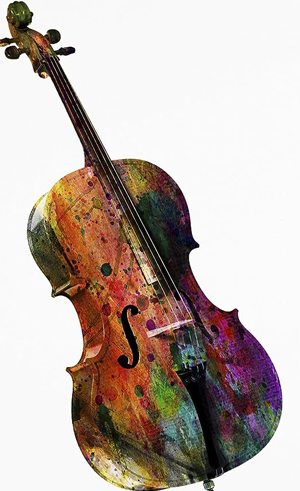
Keeping the Beat: Adapting Your Music-Making to Age-Related Changes
How can older adults continue (or start!) to play an instrument? What considerations might there be for older adults to play and appreciate music? How can changing one’s technique be less stressful on the body? The focus of this program will be on how to adapt to changing capacities in order to continue to play music, learn to play a new instrument, and appreciate the many benefits of music on health. A panel of musicians will provide examples and demonstrations. If you’d like to consult with them after the presentation, bring your instrument!
Our panelists:
Carl Rosser taught English as a Second Language for many years at Central Washington University in Ellensburg, but is now retired. He feels lucky to have kept up his hobby of playing piano all these years, because he is almost never at a loss what to do with his free time. In fact, he volunteers regularly at local assisted living establishments, playing Broadway tunes, ragtime, and classical pieces.
Sarah McKiddy is a PhD candidate at the University of Washington School of Nursing. Her interests include cognitive health, the intersectionality of ageism, and music-based interventions for individuals living with dementia and their care partners. Sarah is an accomplished musician and has taught violin to all ages.
Annette Fitzpatrick studied aging for most of her career in the departments of Family Medicine and Epidemiology, so she is very aware of the risk factors for dementia and Alzheimer’s Disease. Taking up the violin at age 70 was a conscious effort to challenge her brain!

